The Great Role of Keywords in SEO


What Are Keywords?
Keywords, in the context of SEO (Search Engine Optimisation), are specific words or phrases that your target audience uses when searching the internet. They serve as a critical foundation for your SEO strategy. The objective is to have your website appear as the top result when people search for these words or phrases. By incorporating the right keywords into your web content, including web pages and blog posts, you can improve your visibility in search results.
Keywords can take different forms. They can be individual words or acronyms like “SEO,” or they can be longer phrases, often referred to as long-tail keywords. For instance, if you run a ceramic tile company and your main audience consists of DIY enthusiasts, your strategy should revolve around creating valuable content that aligns with your audience’s interests.
To maximize your SEO, you’ll need to optimize this content by including the keywords your audience typically uses in their searches. These keywords might include terms like “affordable tile,” “quality tile,” or “marble style ceramic tile.”
It’s important to distinguish between keywords and search queries. Although these terms are sometimes used interchangeably, they refer to distinct concepts. A search query is the specific word or phrase your audience enters into a search bar or asks a voice assistant like Siri or ChatGPT. Examples of search queries could be “what is ceramic tile,” “how do I install ceramic tile myself,” or “what’s the best color combination of ceramic tile.”
In contrast, a keyword is the common term that all these searches share, such as “ceramic tile.” A keyword is not the full search term but the exact word or phrase you aim for your website to rank for in search engines, regardless of what words precede or follow it.
There are three main types of keywords:

Long-Tail Keywords: Long-tail keywords are typically lengthy search phrases that are specific to a particular audience or problem. They have fewer competitors and lower search volume, which makes it easier to achieve a high ranking. For example, “Best running shoes for injured knees” is a long-tail keyword.
Short-Tail Keywords: Short-tail keywords, also known as generic keywords, are popular and broad search terms that generate a significant amount of search traffic. These keywords consist of fewer than two words. For instance, “Running shoes” is a classic example of a short-tail keyword.
Mid-Tail Keywords: Mid-tail keywords fall in between short-tail and long-tail keywords in terms of length and specificity. While they may have lower search volume, mid-tail keywords often result in higher conversion rates and face less competition compared to other keyword types.
Keywords are important for several reasons:
Meeting User Demand: Keywords bridge the gap between what people are searching for and the content you provide to fulfill that demand. When users search online, they use specific words or phrases to find information, products, or services. By targeting the right keywords, you ensure that your content is visible to those looking for what you offer.
Attracting Organic Traffic: Your goal in search engine Optimisation is to attract organic visitors to your website from search engine result pages (SERPs). The keywords you choose to target, both in your content and meta-data, significantly impact the type and amount of traffic your website receives. Targeting the wrong keywords can lead to irrelevant or low-quality traffic.
Relevance to Your Audience: Keywords are relevant to your audience because they directly relate to your content. How you describe your products or services may differ from how others do. Using the right keywords ensures that your content aligns with what your target audience is looking for.
Content Ranking and Visitor Attraction: To create content that ranks well in search engine results and draws visitors to your site, you must understand your audience’s needs, including the language they use and the information they seek. You can achieve this by communicating with your customers, participating in relevant blogs and local online communities, and conducting keyword research using tools like Keyword Explorer. This research helps you identify the most effective keywords to include in your content and optimize your website for better search engine visibility.
What Are the Benefits of Keywords?
Increased Organic Traffic: Keywords are essential for optimising your content to align with how your target audience searches for your product or service. This Optimisation boosts the visibility of your website in search engine rankings and, as a result, increases organic traffic.
Enhanced Trustworthiness: When searchers find your website through relevant keywords and discover that your content directly addresses their search queries, it establishes trust. Trust is vital for building a positive impression and converting visitors into customers.
Targeted Audience: High website traffic is valuable, but it’s even more critical to attract the right audience. The use of the correct keywords allows you to draw quality visitors who are more likely to convert, ultimately leading to an increased return on investment (ROI).
Content Ideas: Researching keywords not only helps you identify what your audience is searching for but also provides insight into their interests. You can use this information to create content that addresses these interests effectively. For example, if you discover that people are searching for “how to install tile,” it’s a clear indicator that you should create content, perhaps a video, demonstrating the steps of tile installation. Offering content in multiple formats, such as written guides and videos, can cater to a wider audience and enhance your visitors’ experience.
Where Do I Use Keywords?

To effectively use keywords, you should incorporate them in various places on your website to improve its search engine visibility. Here are the four main places where you should include your chosen keywords:
Page Titles: When people search for a keyword, the page title is often the first thing they see in search results. Including the keyword in the page title not only attracts users but also helps your page rank higher in search results. Try to position your keyword near the beginning of the title for maximum effectiveness.
Meta Descriptions: The meta description appears right under the page title in search results. A well-written meta description informs searchers about the content of the page and encourages them to click through. Higher click-through rates contribute to improved search rankings. Customizing unique meta descriptions for each page on your website is essential. Include your keyword and relevant information, such as free shipping or discounts, to enhance your rankings.
URLs: Pay attention to the URL of your web pages when updating the meta description and page title. Try to include the keyword in the URL if possible. This signals to search engines that the page contains information related to what users are searching for, thus increasing its ranking.
Content: Incorporate keywords within the content of your web pages. Content is a crucial element of search ranking, and it’s what truly ranks in search results. Ensure that your content is not only relevant to the keywords you’re targeting but also unique and helpful to your visitors. To rank well, your content should provide answers to users’ questions and be written around the targeted keywords. Use keywords naturally and focus on creating high-quality, informative content to engage visitors and satisfy their needs.
Remember to prioritize quality content that matches users’ search intent and provides valuable information. The goal is to strike a balance between keyword usage and creating content that is genuinely helpful to your audience.
Finishing Thoughts
In today’s complex landscape of search engine Optimisation (SEO), keywords are no longer the sole determining factor for success, with over 200 ranking factors at play. However, they remain a vital component of any effective SEO strategy. Choosing the right keywords and using them effectively can bring numerous advantages to your business, including increased website traffic, improved search engine rankings, enhanced content quality, and higher conversion rates.
If you find content creation challenging or keyword research overwhelming, don’t hesitate to contact our experienced team. We can provide the guidance and expertise you need to achieve success in the world of SEO.





